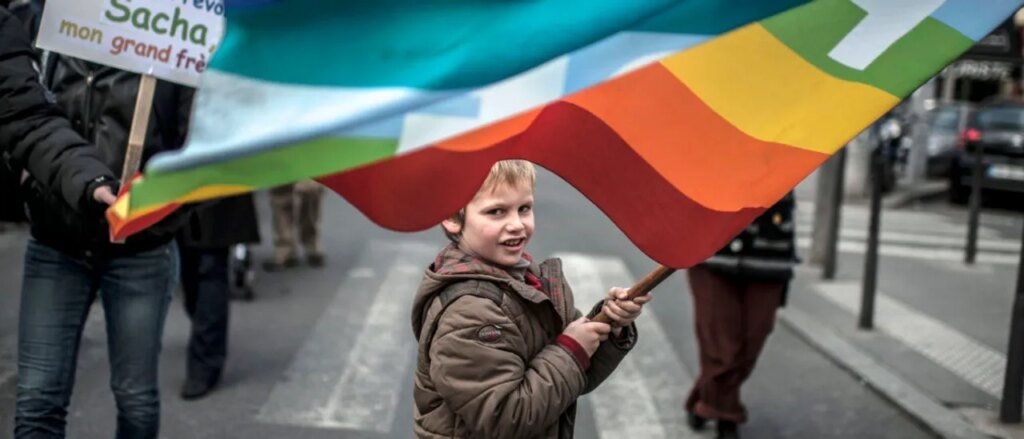European Commission Unveils New LGBTIQ+ Equality Strategy 2026-2030
The European Commission has announced a new strategy aimed at promoting LGBTIQ+ equality for the years 2026 to 2030. This strategy focuses on several key areas, including protecting individuals from violence, ensuring equal rights, and fostering overall equality across the continent.
A significant component of this plan involves measures to “combat conversion practices.” The intention is to support EU-funded research and engage in “structured dialogue,” with officials describing such practices as “medically incorrect,” potentially leading to “severe pain and suffering” and long-lasting psychological and physical harm.
Additionally, the strategy addresses controversial issues related to “intersex genital mutilation” and the “forced medicalization of transgender people.” There’s an emphasis on expanding the EU’s hate speech framework to include “criminal protection against crimes based on sexual orientation and gender identity,” alongside existing restrictions targeting race and gender.
The report mentions a “lack of progress” in efforts to unify the definition of online hate crimes, highlighting the inconsistency in how such incidents are classified across the 27 member states.
The Commission affirmed its commitment to enforcing the digital services law, which obligates tech companies to remove “illegal content,” including instances of “incitement of hatred or discrimination.” They stated that major online platforms need to “assess and mitigate” these risks effectively.
While the recommendations aren’t mandatory, the Commission expressed that these principles are designed to “ensure that everyone in the European Union feels safe and free to be who they are.” The aim is also to influence the EU’s international actions.
The document reflects on achievements from the first LGBTIQ+ equality strategy, initiated in 2020. By 2025, 13 member states had adopted national plans, an EU-level “equality subgroup” was established, and there was an increase in public support for same-sex relationships, as well as greater parental acceptance of children identifying as gay or lesbian.
Moreover, the European Commission has pledged to act as a “keeper of the treaties,” monitoring compliance with EU law and indicating readiness to “take action” to uphold EU values. They have urged all member states to develop national LGBTIQ+ equality plans by 2027, indicating a broader role for Brussels in shaping national policies regarding gender and sexuality.







